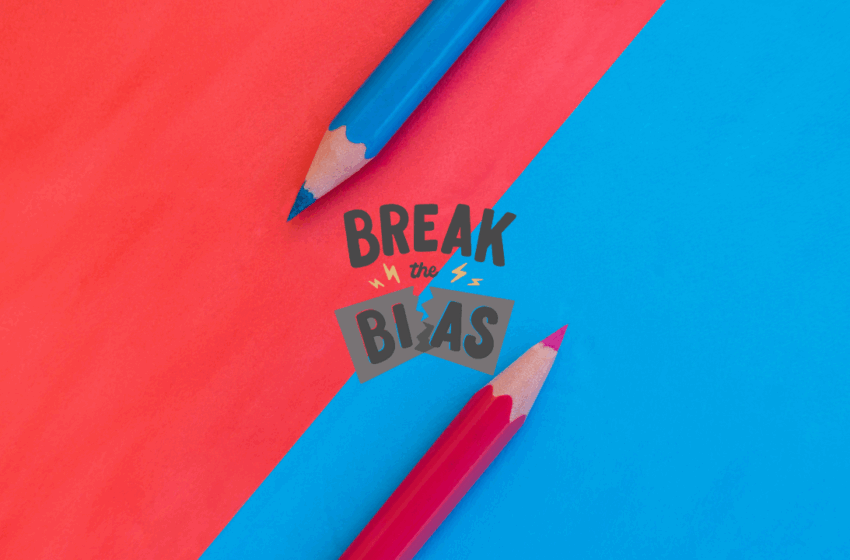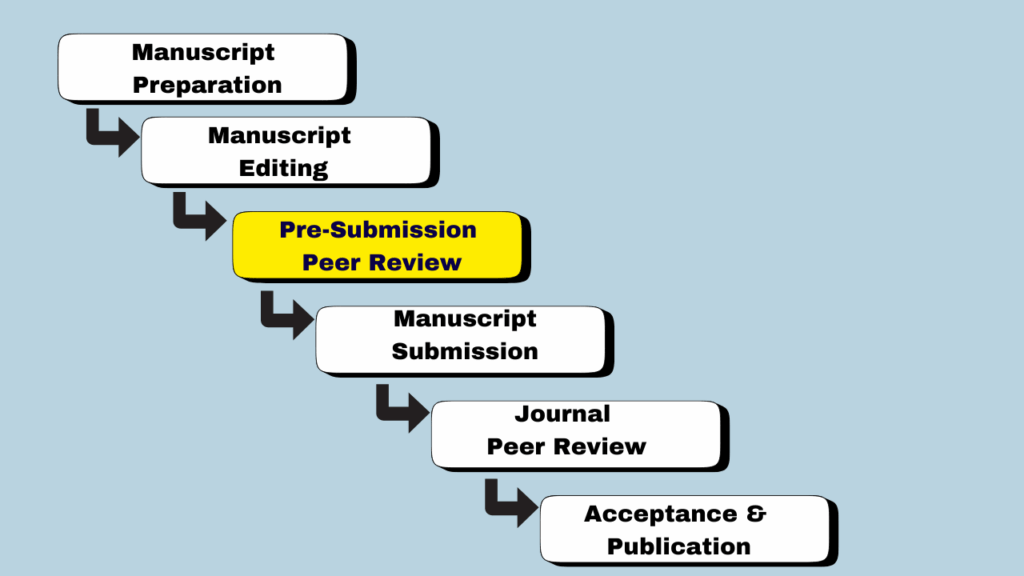Biases in Peer Review: Types, Examples, & Mitigation Strategies

Peer review is a rigorous process that ensures the dissemination of scientifically sound research to the scholarly community. However, some researchers view it as a gatekeeping process that is affected by bias. Well, they’re not entirely wrong.
Bias in peer review can occur consciously (explicit) or unconsciously (implicit) by editors and reviewers alike. This blog explores the common reasons for peer review bias and explains how reviewers can manage it better.
Implicit Bias vs. Explicit Bias in Peer Review
Examples of Bias in Peer Review
How to Avoid Bias in Peer Review
Implicit Bias vs. Explicit Bias in Peer Review
Biases can be categorized into two major types: explicit and implicit.
Explicit bias occurs when the reviewer is aware of their thoughts and intentions, which influences their decision-making and related behavior when handling a research paper. For instance, if a reviewer is very clear on how he feels about researchers from a certain geography, the review report is bound to reflect this thought in some way.
Implicit bias, on the other hand, happens unconsciously. The reviewer may claim to be objective and unbiased in their evaluation of the paper. Yet, their preferences for or against a certain group of people could influence their decision-making. For example, if the author’s name and institution are reputed in the field, a reviewer could give glowing feedback despite sensing a flaw in the research methodology or findings.
Examples of Bias in Peer Review
While explicit biases may not be as common as implicit biases, there have been several real-world examples of different types of biases occurring in peer review.
- Novice reviewers being biased when evaluating resubmitted papers: A randomized trial of 133 reviewers was conducted to determine whether less experienced researchers are biased when evaluating papers resubmitted to conferences1. The experimental analysis tested two groups of reviewers: One group was aware of that fact that the papers were resubmitted and had been previously rejected, whereas the other group was not provided with this information. A total of 19 papers were peer reviewed and the results confirmed that a resubmission bias existed, wherein novice reviewers underscored the quality of papers.
- Citation bias: An observational study was conducted to see whether peer reviewers favored papers that cited their own previously published works2. The study considered nearly 1,300 papers and over 1,700 reviewers. The results indicated that citing a reviewer’s work got the authors a slightly higher score in the peer review report, confirming the presence of citation bias.
- Bias towards author status/institution: In the single-blind review process, the author’s name and institution are disclosed to the peer reviewers. There is a chance that it could cloud the reviewer’s judgement, wherein they create a pre-decided notion about the quality of the paper. For instance, if the author is not well-known and his/her institution does not have a great reputation, reviewers may choose to be more critical in their evaluation. Conversely, a paper submitted by an author who is well-established in the field and belongs to a reputed institution may not be subjected to such strict evaluation.
- Gender, ethnicity, or geographic bias: While this may be unintentional, social conditioning could cause reviewers to be biased towards people from certain groups.
So, what mitigation strategies can be implemented to minimize this bias in peer review?
How to Avoid Bias in Peer Review
Over the years, the scholarly community has experimented with many strategies to reduce peer review bias. Yes, implementing different peer review models (e.g., double-anonymized, triple-anonymized, open peer review) is something journals and publishers can follow. Training researchers to conduct peer review the right way is also something that is explored.
But as peer reviewers, what steps can you take to inherently reduce this bias?
- Make conscious reflection a habit: Often, biases come from prior experiences. A researcher’s mind should be constantly trained to think objectively. What can help you in this process is identifying the origins of your biased thoughts and reflecting on some of the decisions taken previously. Ask yourself: “Were those decisions influenced?” “How could I have thought differently?” Being aware of what caused you to be biased in the first place will help you make more conscious decisions, indirectly helping you assess fairly during peer review.
- Evaluate the scientific content, focus less on the language: Many non-native English speakers do struggle with writing full-length research papers in English. And despite using the best tools and services, a few grammatical and language mistakes may exist. Rather than being critical about these, you may recommend that the paper needs to be proofread to correct the minor mistakes. Focus on evaluating the scientific content, like the novelty, originality, methodologies, and findings, and give suitable feedback for the author’s work.
- Pay less attention to institution reputations: If you are an early-career researcher and are peer reviewing for the first time, don’t be intimidated to give a critical review of someone more experienced. For instance, if you come across a well-known author from a reputed institution, do not be under the impression that the paper has no flaws. Perform a review objectively and recommend any areas of improvement as you see fit.
- Avoid overusing AI tools: The role of AI in the future of peer review was extensively explored in Peer Review Week 2025. While most industry experts agreed that AI has its benefits, they all had to say one thing about its limitations: “Watch out for AI bias and hallucinations!” There have been instances of AI identifying text written by non-native English speakers as AI-generated text or declaring that an image was AI-generated even though it was not. So, be mindful of AI outputs and always double-check the information before deciding. Use AI tools for assistance, but let the critical thinking lie with you!
References
1. Prior and Prejudice: The Novice Reviewers’ Bias against Resubmissions in Conference Peer Review https://doi.org/10.1145/3449149
2. Cite-seeing and reviewing: A study on citation bias in peer review https://doi.org/10.1371/journal.pone.0283980
Want to know if your paper is ready for peer review? Get your manuscript evaluated by expert reviewers using our Pre-Submission Peer Review Service.






